Paul Schreiner is not your average martial arts coach. Discover how he articulates the art of jiu-jitsu and shares working with Marcelo Garcia.

IN THIS EPISODE YOU WILL LEARN:
- The deeper meaning of martial arts and jiu jitsu in particular
- Having the discipline to drill, revise and optimise techniques
- Why letting go of your ego is not as modest as it's made out to be
- The core habit that Paul has adopted from working with Marcelo Garcia
- B.J. Penn's powerful ‘marriage of jiu-jitsu' statement
- What you can expect when training at Marcelo Garcia Academy
- And more
*Need help growing your martial arts school? Learn More Here.
TRANSCRIPTION
Developing expert knowledge or expert ability is your own process of discovery and taking ownership for your learning.
Hi, this is George Fourie and welcome to another episode of the Martial Arts Media Business podcast, episode number 18. I have with me today Paul Schreiner. Now, Paul Schreiner is a coach at Marcelo Garcia's Academy in New York, and if you recall episode 13 with Jess Fraser from the Australian Girls in GI, Jess was talking about Paul within all her traveling around the globe of training at different clubs and learning jiu-jitsu.
Paul Schreiner was the person that left the biggest impact, that stood out for her with his unique coaching abilities and being able to articulate his learning and making an impact on someone, getting his message across of, not just teaching different techniques, but also being able to explain the art and the transitioning of the different moves and so forth. So this is a very in-depth conversation, I enjoyed this. This is not so much about the business side of martial arts, although as a martial arts business owner, you will get a lot of value from this, just learning from about how they go about things and working with Marcelo Garcia and just the pure passion for martial arts. There's a lot of gold in this episode.
Now, of course, for more of the business stuff, you can head over to martialartsmedia.com/plan to be exact. We give away a free martial arts business plan for online media, which kind of defines how you can market your business, what you should focus on. It gives you a bit of a holistic view of how you can approach online marketing and covers a lot of the pitfalls that people are facing right now with marketing, doing one marketing strategy and it's not working, or it stops working and this gives you a bit of a holistic view and approach of how you can approach marketing your business and get your leads.
Now, as always, the show notes, transcriptions and all links mentioned in this episode can be found at martialartsmedia.com/18, that's the number 18. And I want to keep this short and jump straight into the interview, so please welcome to the show Paul Schreiner.
GEORGE: Good day everyone, today I have with me is Paul Schreiner. Now, if you recall on episode 13, I interviewed Jess Fraser and Jess was discussing, within her travels, training at Marcelo Garcia Academy and the one person that stood out for her as a coach was Paul Schreiner. So I wanted to get Paul for an interview and just have a chat about his involvement in jiu-jitsu, his coaching methods and so forth. So welcome to the call Paul.
PAUL: Thanks for having me.
GEORGE: Awesome. So I guess just to go right from the beginning – who is Paul Schreiner?
 PAUL: Let's see… I'm basically just a guy that does jiu-jitsu full-time. I'm 38, I started jiu-jitsu when I was 17, I think. I'm from California, so I grew up surfing about. I grew up in a pretty crazy family, progressive family. My dad was kind of a social activist and we lived out of a VW van a lot and drove to Central America every summer, so I got a lot of world exposure that way I guess. I grew up surfing and I wrestled my senior year in high school, actually my junior year in high school, and then I was looking to continue with a sport. I saw that there was jiu-jitsu in town. This was back in 96-97, and I started training jiu-jitsu and other than some injuries, I haven't really looked back. So teaching was just a logical progression for how to stay involved with the sport for me.
PAUL: Let's see… I'm basically just a guy that does jiu-jitsu full-time. I'm 38, I started jiu-jitsu when I was 17, I think. I'm from California, so I grew up surfing about. I grew up in a pretty crazy family, progressive family. My dad was kind of a social activist and we lived out of a VW van a lot and drove to Central America every summer, so I got a lot of world exposure that way I guess. I grew up surfing and I wrestled my senior year in high school, actually my junior year in high school, and then I was looking to continue with a sport. I saw that there was jiu-jitsu in town. This was back in 96-97, and I started training jiu-jitsu and other than some injuries, I haven't really looked back. So teaching was just a logical progression for how to stay involved with the sport for me.
GEORGE: So from your training, did you evolve into tournaments and so forth?
PAUL: Yeah, in the beginning, I was just still mostly focused on surfing and traveling. Jiu-jitsu was a hobby for the first couple of years, and I injured my knee on a surf trip and I had to take a couple of years off of everything, I had to take about a year and a half- two years off. I got an infection in my knee, it required a bunch of surgeries to try to get it more or less functional again. And at the point, when I went back to jiu-jitsu, I actually just recently told this story, I haven't thought about it for a while, but I remember I was driving past the academy and it wasn't there and then I was driving closer to my house and then I saw it just had reopened, the school I started at had reopened at my neighbourhood, and my old coach, Garth Taylor's truck was out front, so I just pulled into the parking lot and walked in and Garth was training with B.J. Penn, and J.D. And they were getting ready for the world championship when they were both brown belts, and B.J. was just getting his black belt the following week to compete as a black belt in the world championship. So I walked in, I saw those guys training and I've been out of it for about a year or two, so I just hadn't been exposed to that babble of jiu-jitsu and I walked in, and I was like, this is what I want to do. So basically, ever since that day, I've been training full-time with the intention.
Back then, my intention was to compete in tournaments and I competed a lot for a bunch of years and pretty early on in my competition, I realized that it was valuable to compete, not just for me, but as a part of the school, and that it would be an invaluable experience to have if I wanted to coach and teach jiu-jitsu someday. So I always looked at competition through the lens of the personal challenge to win and as a way to experience jiu-jitsu on a deeper level and something that I'd be able to share with other people someday.
GEORGE: So what does that mean for you? The deeper side of jiu-jitsu?
PAUL: I guess it's just the idea of taking anything and getting better at it every day. The idea that you're working towards this perfection, this excellence – perfection that isn't attainable, but the excellence, the near perfection is something that we can experience and just try to sharpen ourselves. I feel like also I was a little directionless as a teenager and as a young adult and jiu-jitsu just gave me something that I can always, no matter what else I was doing in my life, I could always train and I felt like a better version of myself for it. And then, just the other lesson that jiu-jitsu teaches us is how to confront our ego, or how to get our ass kicked and get smashed and get held down and not be able to get out, but not give up either and learn how to find space and breathe and survive in any situation.
 Those are some of the deeper things, nothing too esoteric or spiritual, just the idea that it's something that we can make incremental progress at; we apply ourselves, we show up every day and we show up with respect and the requisite concentration and give it our best. I was in college, I took a lot of art classes and one of my painting and drawing teachers, Howard Ikemoto was, to this day, was probably the most influential teacher I've had in my life, just in terms of how he approached the process really.
Those are some of the deeper things, nothing too esoteric or spiritual, just the idea that it's something that we can make incremental progress at; we apply ourselves, we show up every day and we show up with respect and the requisite concentration and give it our best. I was in college, I took a lot of art classes and one of my painting and drawing teachers, Howard Ikemoto was, to this day, was probably the most influential teacher I've had in my life, just in terms of how he approached the process really.
For me, it was never so much about the result, it was always about the process and it still is. To this day, I make time a few hours a week to drill and work on new positions and go back to stuff I haven't done that I used to do ten years ago, I don't do anymore, and see if I can reconnect with those techniques and if it fits in with what I'm doing now, so I'm still trying to engage myself better as a martial artist. And then I try to pass along and communicate that passion for falling in love with the process and being respectful of the process and that's really what I'm trying to pass on to the students, rather than any particular idea of jiu-jitsu.
GEORGE: So you highlight the process of applying and you said that this teacher was your most influential teacher because of that – can you elaborate a bit more on the process and how you apply it?
PAUL: Yeah, not to be disappointing or not to disappoint, but I don't have a particular methodology really. That teacher, and also, I started to get involved with Zen Buddhism when I was in my early twenties and meditation, so the process for me it was just trying, or giving my best or going and fighting. And then, afterward, the breaking down, the natural analytics of what you do after a match, breaking that down with my coach, my coaches, with myself, sometimes writing things down, just trying to search for, watching videos, studying afterward. And then the next day, trying to literally forget everything that I had studied and then go in as a blank slate again and practice whatever my coach said to practice that day, without asking questions and train and then have the questions come and then have the process to break it down again and restart the next day.
And just looking for sparks from inside for me, for whatever reason that's the way I respond as a learner of anything, I try to find a little insight to a particular situation and then try to see if I can expand that across the board in whatever I'm studying. I mentioned this recently in another interview, but for me now, my process that I'm understanding, my own learning process in jiu-jitsu, I've been trying to apply it to fly fishing, which is something I've taken up more seriously in the past three or four years. I did it as a kid and then I got out of it and I'm getting back into it and trying to understand and figure out how to get better at that too and enjoy the ride.
GEORGE: Awesome, it's not disappointing at all. It sounds like you're aware of what you do and then just being open minded about what you did, analyzing and breaking it down and just really improving it.
PAUL: And another thing I would say, it's a part of understanding yourself, especially for someone who's competitive – reasonably competitive, I'm not extremely competitive anymore I think, but it is how you relate to your ego and I think there's a little bit off, people bullshit around the idea of, that we were completely letting go of our ego and we step in the door and for me at least, it was more trying to understand how to harness my ego and my desire to beat whatever training partner that was beating me.
 Figure out and study what techniques and what timing I needed to equalize and maybe even pass them in trying and then, again, forget about that and then be able to be just present and aware and in the moment. You get smashed and you get held down by the same person every day and it starts to drive you crazy and without making a personal grudge you couldn't channel that ego into figuring out what you need to do to make yourself better and more complete in jiu-jitsu. I was always, and I still continue to be driven, not just by competition jiu-jitsu, but I'm still trying to understand what jiu-jitsu is. It's a big thing, it comes to self-defense and self-control and competition and Vale Tudo and everything else. I'`m still, as you can see, sorting it out.
Figure out and study what techniques and what timing I needed to equalize and maybe even pass them in trying and then, again, forget about that and then be able to be just present and aware and in the moment. You get smashed and you get held down by the same person every day and it starts to drive you crazy and without making a personal grudge you couldn't channel that ego into figuring out what you need to do to make yourself better and more complete in jiu-jitsu. I was always, and I still continue to be driven, not just by competition jiu-jitsu, but I'm still trying to understand what jiu-jitsu is. It's a big thing, it comes to self-defense and self-control and competition and Vale Tudo and everything else. I'`m still, as you can see, sorting it out.
GEORGE: You're miles ahead.
PAUL: Thank you.
GEORGE: So, how did working at the Marcelo Garcia Academy come about?
PAUL: Even before Marcelo came onto the scene in 2003, when most of us become aware of Marcelo and his break up from Abu Dhabi, a lot of people obviously knew who he was already: he won the world's at every belt level, from blue juvenile to purple adult, and brown adult. So it wasn't so much of a surprise that he was something special, I wasn't super aware of him. Except in Brazil, I heard people talking about this kid from Fabio's school that was amazing and then after 2003, I became a big fan of his. In 2004, I attended a seminar that he taught and we got to know each other.
Then, at the time, from about 2000 to 2007, 2008, I was spending about four to six months a year in Brazil, training and competing, so I would run into Marcelo in tournaments. We'd always talk, just say hi. I interviewed him one time for “On the Mat,” the website. And we just kind of stayed in touch and then I was with Dave Camarillo, who was one of my main training partners for a long time. At the Pan Ams in 2006 I think, or maybe 2007 Pan Ams, and I just competed and Marcelo was there and I introduced Dave to Marcelo. Then Marcelo invited us out to New York to help him train for Abu Dhabi. Dave Camarillo bought me a ticket and we came to New York for two weeks and trained with Marcelo, so that was how I got to know him better.
And then after that, every time, if he had a big event coming up or if I had something I was competing in, I would try to make the trip from California to New York and then later to Florida and then back to New York to help him train, or helping get myself ready. So that was kind of the genesis of me getting to know Marcelo and we always got along really good with him, he's kind of, what you see is what you get. I feel like a lot of us, I'm sure you feel like you know him already, he's the guy who always has a big smile and he never has to act or pretend like he's a tough guy and he's just an absolute beast when he steps on the mat.
We always got along, he has a great sense of humor. We became friends and at some point, I told him I'd be interested in moving out there just to train with him and I guess one thing led to another and he opened a school in New York and invited me to come be the instructor, the other instructor with him. So I moved here to New York in 2009 and I have been here ever since, teaching and training full-time. Now we have a number of other teachers at the school, we have Bernardo Faria, we have Marcos Tinoco, Mansher Khera, Matheus Diniz, Jonathan Satava, Joe Borges. We have some up and coming people, who are going to be great teachers, like Scott Caplan and Phil, so yeah, we're in good company here.
GEORGE: That's excellent. Something that you mentioned, you had a lot of depth within your club that there's just so many good trainers, but I do want to ask you, and I guess there's many, but what are sort of the core one or two things that you've learned from Marcelo?
PAUL: One is showing up – not that I was unaware of the importance of that before, but Marcelo doesn't, as a coach, he never asks you to do anything that he doesn't do himself, so there's nothing artificial about training, there's a culture of hard work that you guys are all in there together, making yourselves better, and it really helps you believe in yourself, or it helps you believe in the technique. I was told one time, a lot earlier in my jiu-jitsu journey, that the most import thing, above all else, is that you believe in the technique and that will substitute even for belief in yourself when things get really rough.
 If you believe in the technique and commit to it, there are some situations where things are so bad in a fight that if you're just thinking how could I do it, you could potentially give up, but if you have that faith in the technique, it's going to work. Marcelo has that absolute belief in the technique. If the technique is going to work, it's going to work against anyone. It's not like it's going to fall apart if this guy's bigger and stronger than you. So I think that the value of hard work and showing up every day and being there twice a day and cutting out the distractions from your life, the pressure, just staying ahead of your opponent and being aggressive, looking for the finish – that's what I respect about Marcelo's jiu-jitsu.
If you believe in the technique and commit to it, there are some situations where things are so bad in a fight that if you're just thinking how could I do it, you could potentially give up, but if you have that faith in the technique, it's going to work. Marcelo has that absolute belief in the technique. If the technique is going to work, it's going to work against anyone. It's not like it's going to fall apart if this guy's bigger and stronger than you. So I think that the value of hard work and showing up every day and being there twice a day and cutting out the distractions from your life, the pressure, just staying ahead of your opponent and being aggressive, looking for the finish – that's what I respect about Marcelo's jiu-jitsu.
It's not overly strategic, it's about two people fighting until one person quits basically, which I think is the big idea behind jiu-jitsu, that's what made me fall in love with it in the first place. It wasn't because I can sweep and win a match by two points, which I'm happy to do. I'd rather win by two points or by an advantage than lose, but the idea is to step out there and fight until you make your opponent tap. And Marcelo really epitomizes that spirit, he would almost rather lose the match than hold anything back and not go for the kill.
GEORGE: That's powerful, right there. I want to step back to just your coaching methods – and I know you mentioned that you're not so focused on a particular process and so forth. But it's something that, when Jess Fraser spoke about this, she was really inspired by the way that you teach and explain jiu-jitsu as such. Can you elaborate a bit more on that, on your teaching method and how you handle different people and different learning abilities and different styles and so forth?
PAUL: Yeah, sure. As a governing principle, I'm always trying to strip down, rather than elaborate whatever I'm doing. A lot of times in the past I was given credit I didn't deserve as a good coach when looking back I don't think I was because I was a good explainer of moves. And I think that's almost one of the least important things about coaching now, being the teacher, being the explainer of moves. It's more about getting your student to be able to do it and understanding how the moves connect and the art of redirecting your opponent's attack against them.
 Your attacks and your jiu-jitsu are connecting together within your body and then relating in a binary way with what's coming at you. It's not a mess, it's not just you throwing techniques against the wall. Our jiu-jitsu is connected to what our opponent is doing. And then understanding the physics of it and the mechanics of jiu-jitsu in a very simple way that we can communicate, but also understanding the art, what's going on between the moves to our opponent, or to our students rather. I heard B.J. said this one time: jiu-jitsu is the marriage or the union of basically two things: the technique and the will to win.
Your attacks and your jiu-jitsu are connecting together within your body and then relating in a binary way with what's coming at you. It's not a mess, it's not just you throwing techniques against the wall. Our jiu-jitsu is connected to what our opponent is doing. And then understanding the physics of it and the mechanics of jiu-jitsu in a very simple way that we can communicate, but also understanding the art, what's going on between the moves to our opponent, or to our students rather. I heard B.J. said this one time: jiu-jitsu is the marriage or the union of basically two things: the technique and the will to win.
And you can't just train one and not train the other. You can be the most technical guy but have no desire to win, no will that pulls you through the fight to survive and find the way to turn the fight and go for the kill. We can't only have that belief in ourselves or that desire to kill and not have the technique to back it up, it's really both. And again, it relates to, our belief in the technique helps to build our will, and it helps to build our will in the general sense and it helps to build our will within the fight. So it's getting our students to understand how they can access their own power. And I'm a blue belt at that, I'm a purple belt at that, you look at someone like Fabio Gurgel or Marcelo, a lot of the greats – they're black belts with that.
And another thing that I think, you definitely see them in the art world, in the creative world that I've always been adherent of is that you take what works. If I see Marcelo teach a great class, I steal it, you know? And I figure out how to make it maybe mine in a way that I can communicate it with my words. I see the way he puts things together so that it teaches to the level of where the students at, of what they're going to get out of it in the simplest way possible, so that you don't have to go off and elaborate on principles: the principles are included in the lesson in the simplest way, so that your student discovers it, rather than you delivering it and hand feeding it.
And so much of developing expert knowledge or expert ability is your own process of discovery and taking ownership for your learning. To the best of my ability, I try to see the way my student learns and I try to tailor in some sense what I'm teaching to that and teach just above that level so that they have to extend themselves and really dig to get that. And then there's just the physicality of it too, you kind of have to go through the fire a little bit, it can't be too easy. I'm always trying to balance accessibility and experience.
GEORGE: That's a good answer. I did want to ask you, what can people expect when training at Marcelo Garcia Academy? Guess you've kind of answered that – is there anything else that there is to add to that?
PAUL: I like to think that the single most important thing is that we're welcoming, we're nice to people. Regardless of jiu-jitsu, if you treat other people well and with respect, it seems to come back around. That said, we have a culture of hard work, so you can expect to train hard, but if you don't want to, if it's not in your future to ever compete and you have no interest in it, you're not going to be forced into competition, or competition training. You can just come in and train, but the idea is, we built a culture and we built a room where people can train hard, train safe and shake hands and be friends before and after.
That's I think how we framed training and the culture and the environment of Marcelo's is the thing I'm most proud of and the biggest thing that hopefully you can count on when you come. That really comes from the top, that comes from Marcelo, that's the way he is and that's the culture he's created and that's the product of the people he's surrounded himself with at the gym. People who, if their ego is too big, it's too much about them, they usually don't end up fitting in in the long term. That's the thing I'm most proud of from the gym and I think that's hopefully what you can expect when you come to train at Marcelo's. Technical jiu-jitsu, hard training and a good vibe at the academy.
GEORGE: Paul, it's been great chatting with you. I've got two more questions for you: one would be, do you still get to surf in New York?
PAUL: Yeah, I do, I surf when I can. My timing is atrocious now, but there's the good surf, there are good waves here, there are really good waves. It's a little bit more fickle than what I'm used to in California, it's not like good point brakes, at least that I'm aware of. For the most part, it's a lot of beach breaks, and the sand moves around, you kind of have to be on it with the swell direction in the wind. I usually just call my friends that are better at that stuff than I am and they tell me where it's going to be good and I try to get out there. Yeah, I try to fish a lot too, which is my other option for getting out of the city, so I try to go upstate and fish the Delaware River and the Farmington River. I fly fish when I can as well.
GEORGE: Sounds good. Paul, it's been great chatting to you – if anybody wants to learn more about you and find out more about you, where can they reach out to you?
PAUL: You can always walk into the academy at Marcelo's. I'm there 6 days a week typically, for some Part of the day. I teach Monday through Friday and then I teach a class on Saturday every other week. I have a website, it’s www.paulschreinerjj.com, so you can get in touch with me through that, I'm also on Instagram. I have Facebook, but I'm not super on it about checking it. That's it – again, the easiest way is to just come by Marcelo's. I know it's a bit far for you guys, but you'd be surprised at how many Australians we have at the academy, any given day there's a number of Australian visitors there.
And I have to say, from what I see here in New York, the level of jiu-jitsu is getting really high around the world and Australia really seems to be closing the gap with a lot of really technical competitors. I think being so far away from the center and being so much in a periphery, people really have to take ownership of their training. Like what Jess does, you have to travel and we end up with people that are a lot more passionate about it and that's what it takes to be good. It's that passion.
GEORGE: That's it, awesome. Paul – thanks again for making the time and I hope to connect with you again soon.
PAUL: Anytime, thank you, George.
GEORGE: Thank you, cheers.
PAUL: Cheers.
GEORGE: And there you have it – thanks for listening, hope you enjoyed that interview. I learnt a lot, especially as a jiu-jitsu student as well, it made a big impact on me, just how they break things down, especially the key thing that stood out for me – well, one of many, but the one thing that really stood out was mentioning how it's not just about the technique, but having the will and faith in the technique and trusting the technique that it's going to work and you can't have one without other, you can't just have the will and no technique, and you can't just have technique without the will. That really really stood out for me, amongst other things.
Thanks a lot for listening, I hope you enjoyed this how. Again, the show notes are at martialartsmedia.com/18, and if you enjoyed the show and you enjoyed all these shows, please head out to martialartsmedia.com/iTunes and there's a little picture there below, you'll see a link, or a blue button that says “View on iTunes,” and please head over there, just leave us a good review – a 5-star review helps us get our rankings up within the show. So if you are enjoying it, that is the one thing that we can ask in return, which would really really mean a lot to us.
That's it, thank you very much for tuning in. I'll be back again next week with another episode. Have a great week, I'll chat with you soon – cheers.
*Need help growing your martial arts school? Learn More Here.
Enjoyed the show? Get more martial arts business tips when you subscribe on iTunes for iPhone or Stitcher Radio for Android devices.


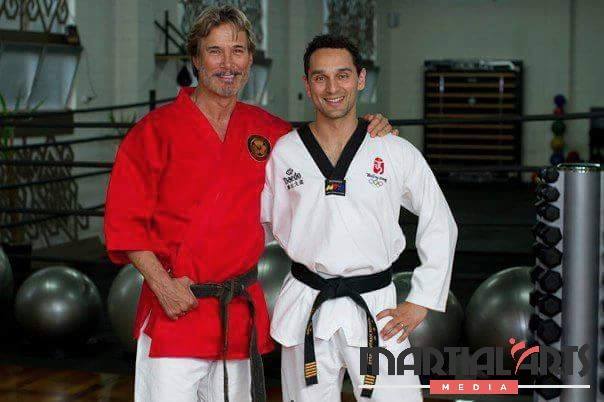
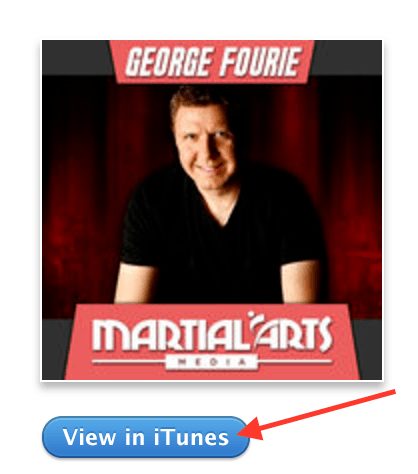
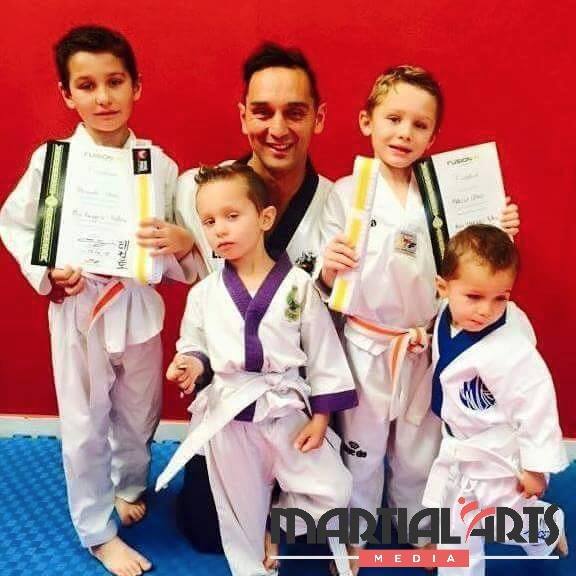 CON
CON
 CON
CON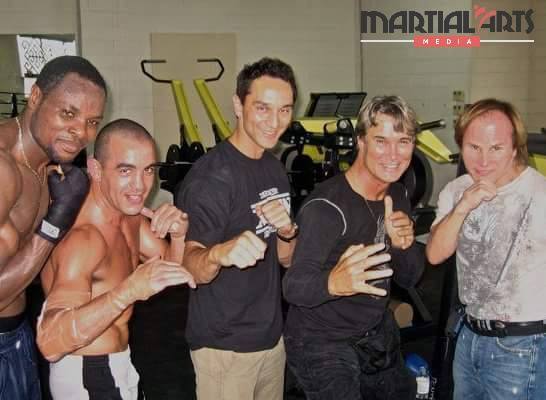 CON
CON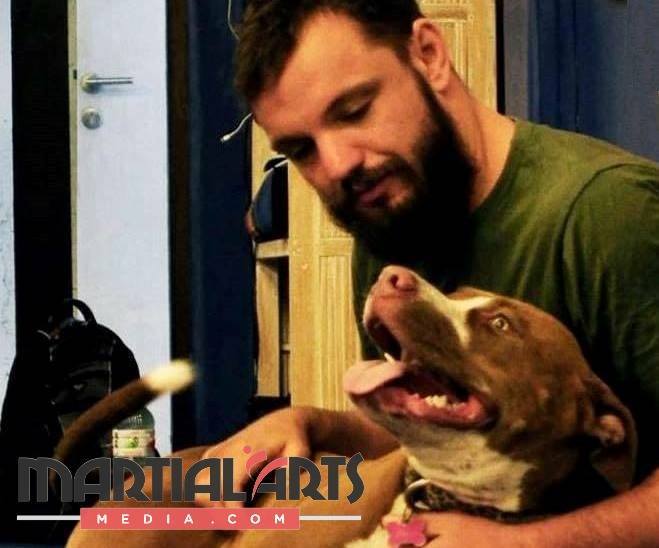
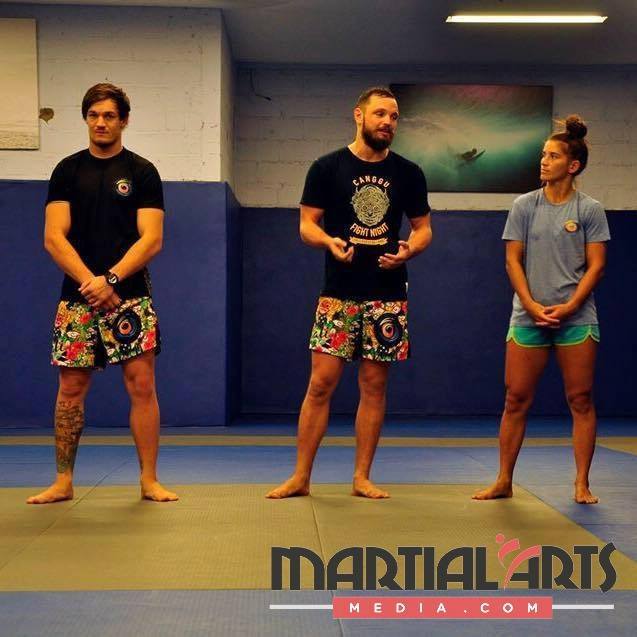
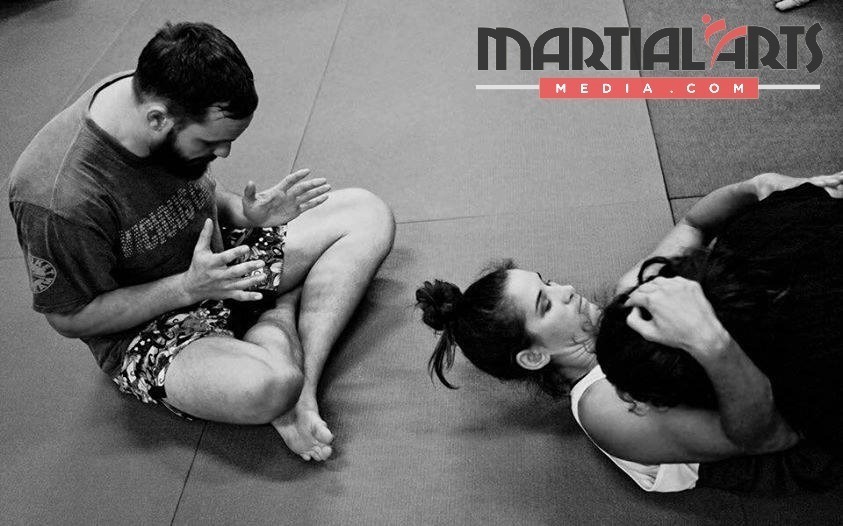 JUSTIN:
JUSTIN: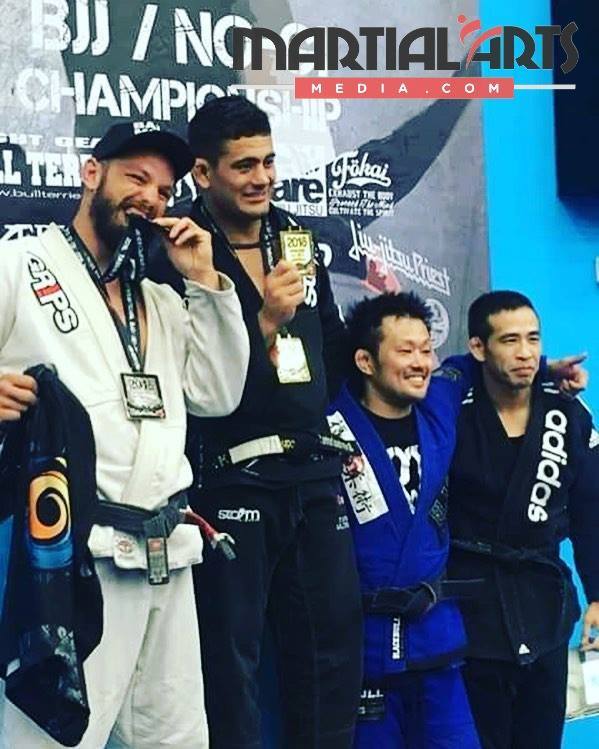 JUSTIN:
JUSTIN: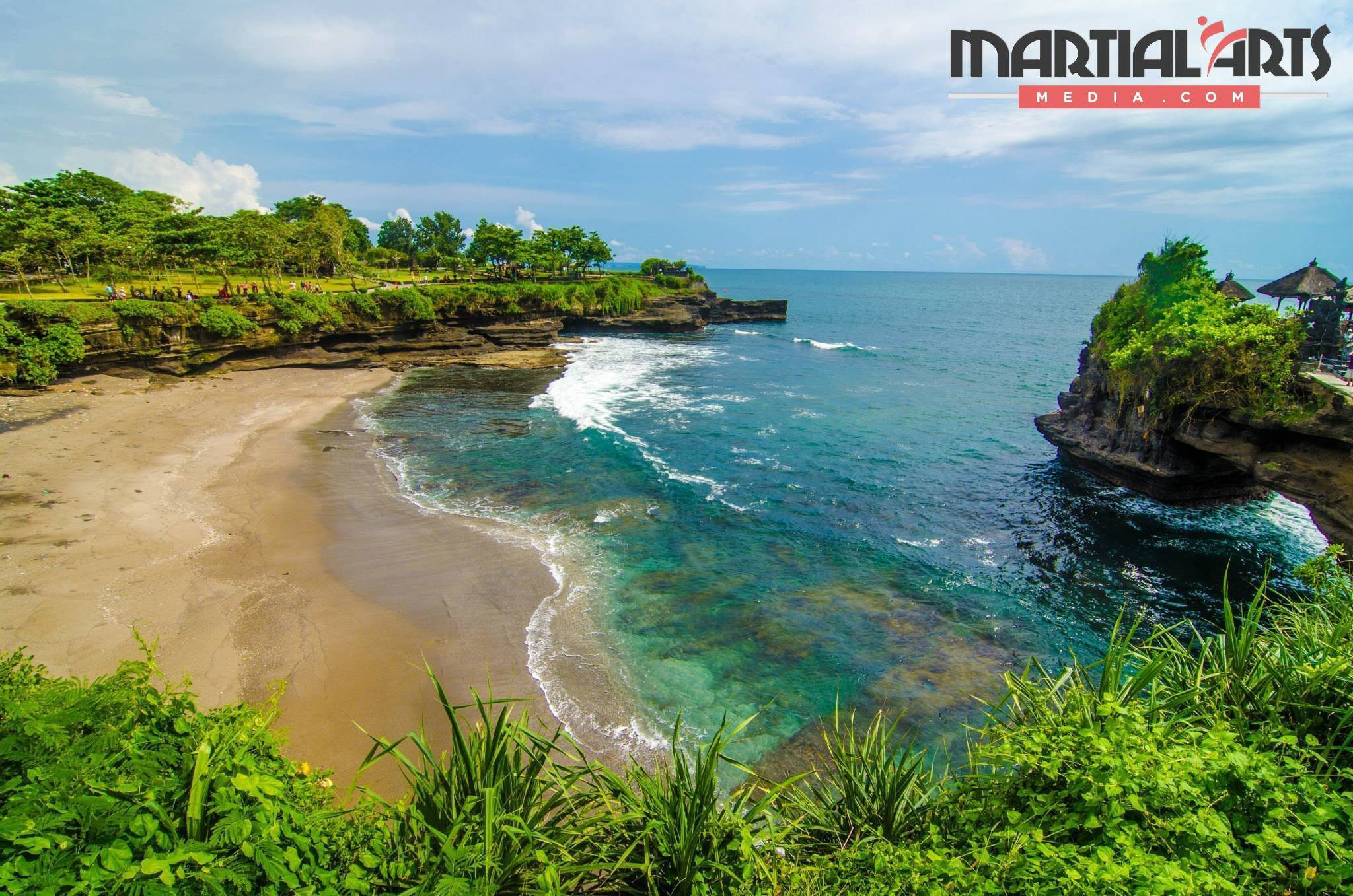 JUSTIN:
JUSTIN: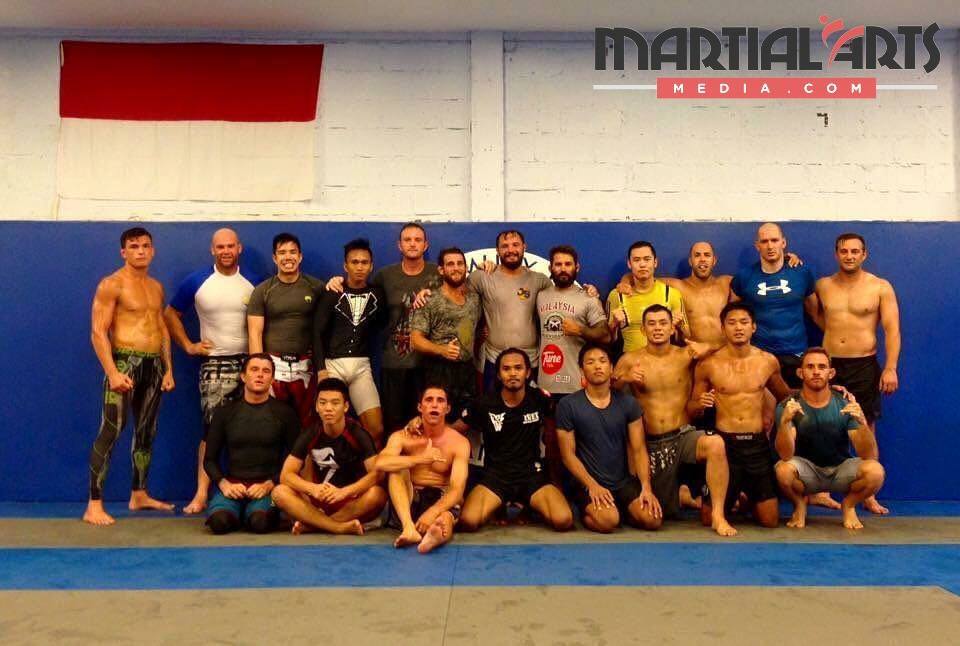
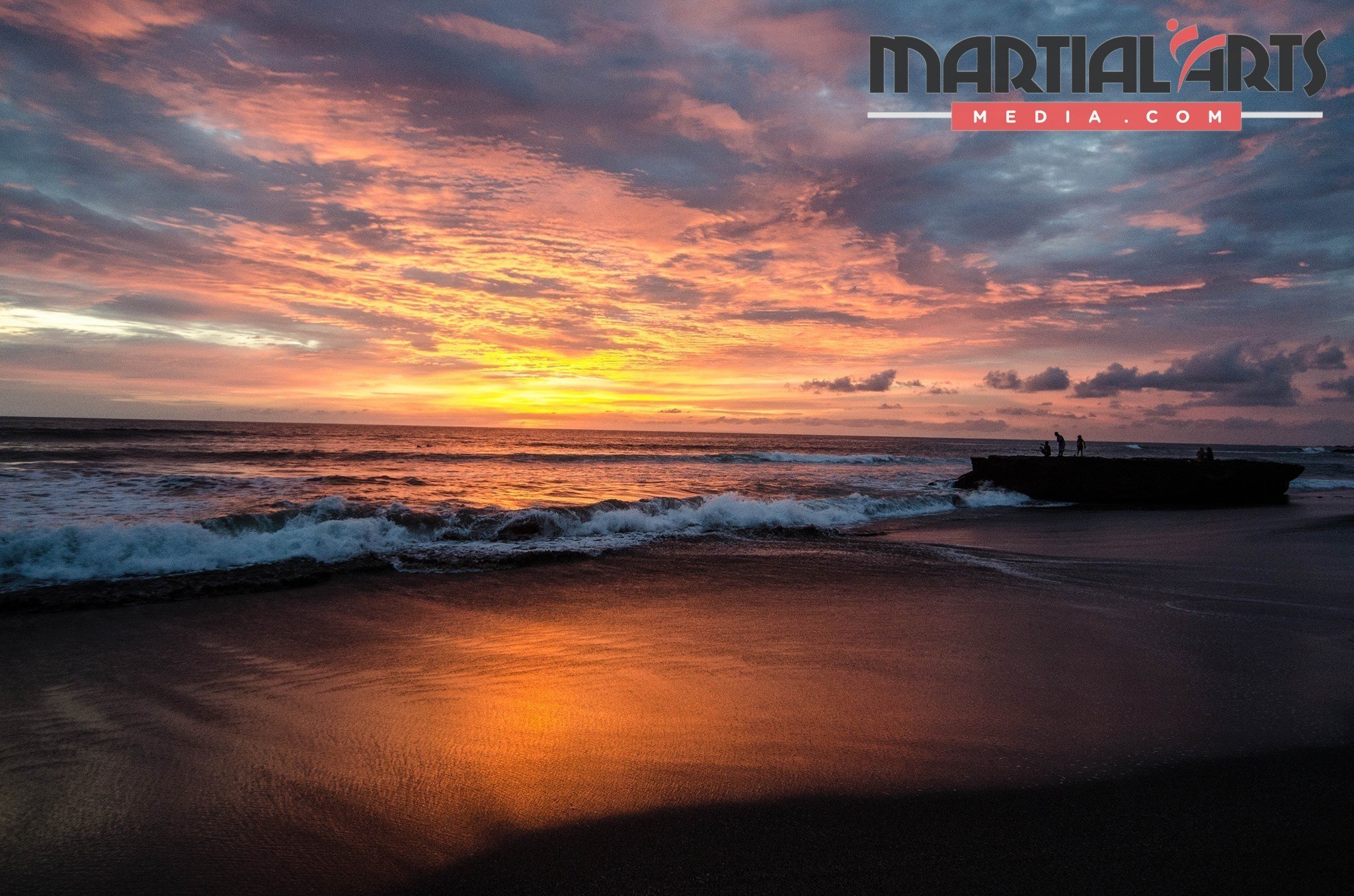 GEORGE:
GEORGE:

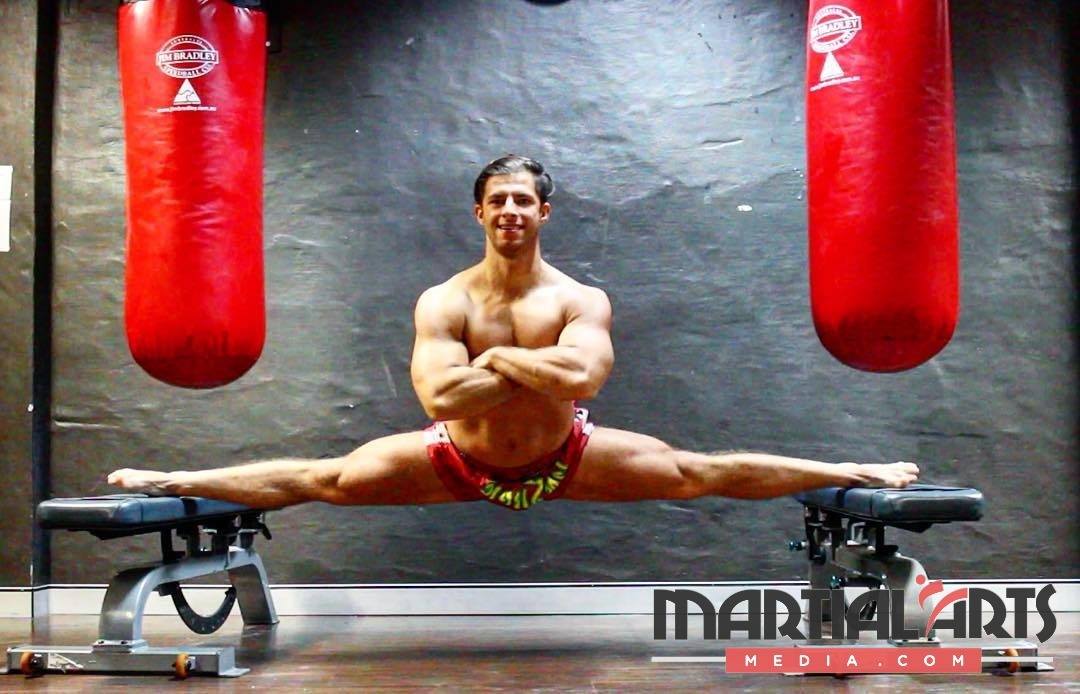
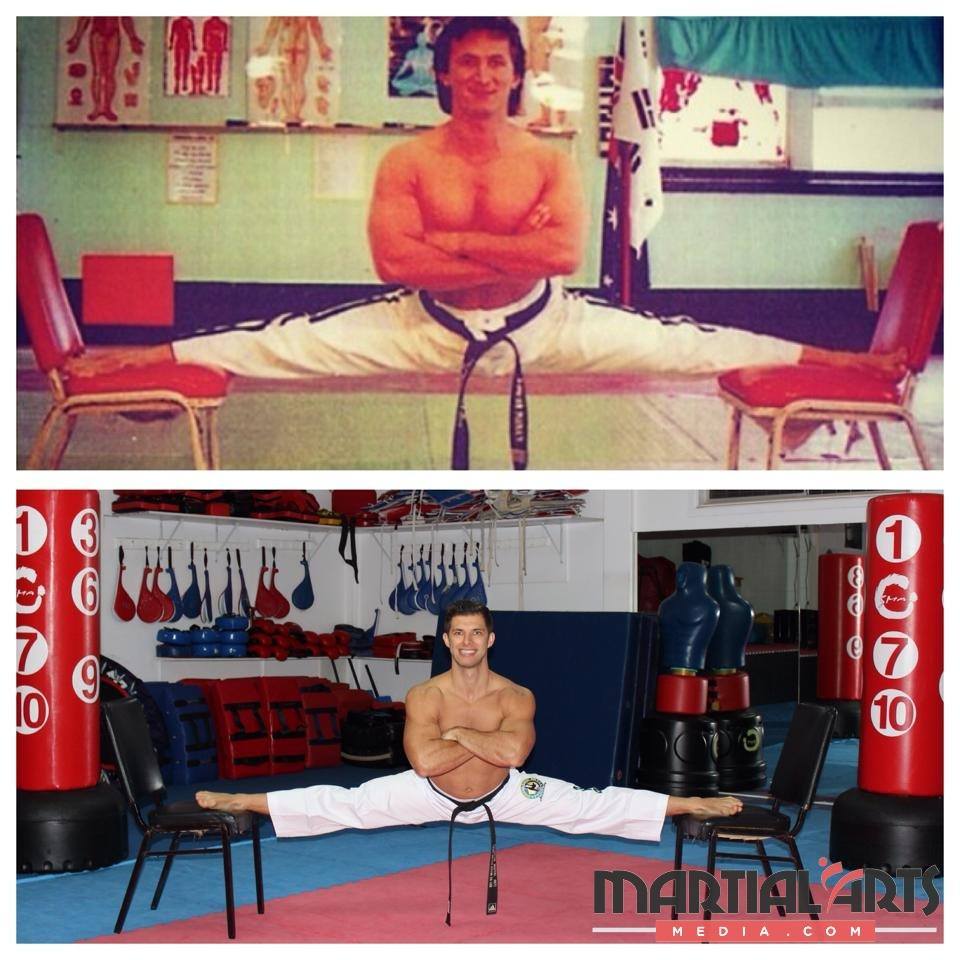 HAKAN
HAKAN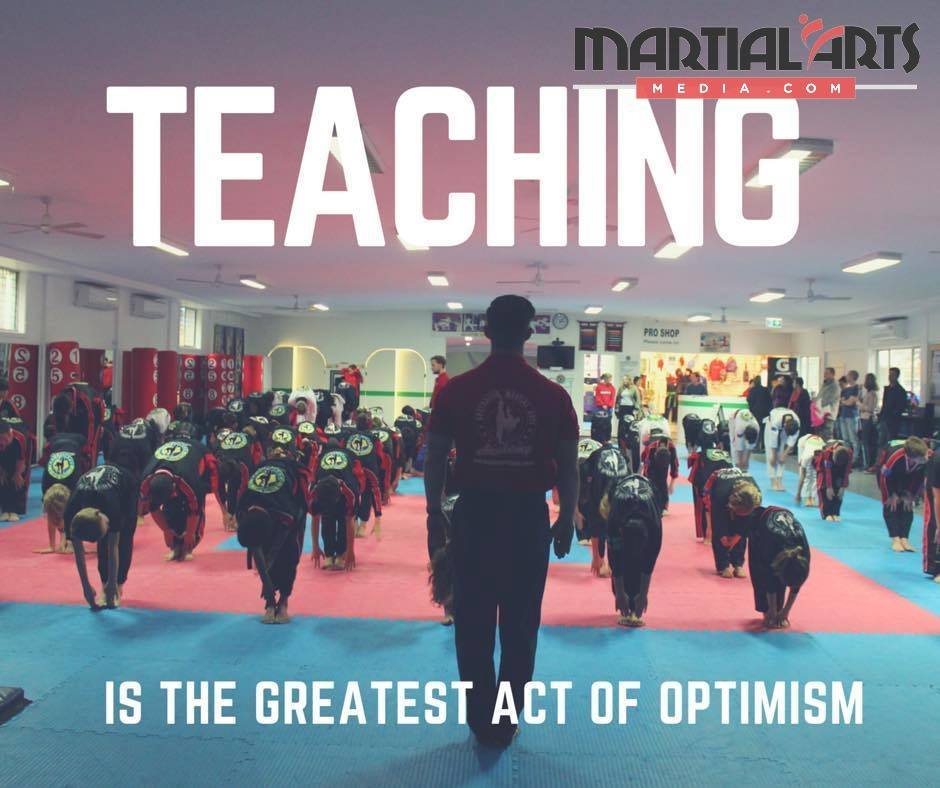 HAKAN
HAKAN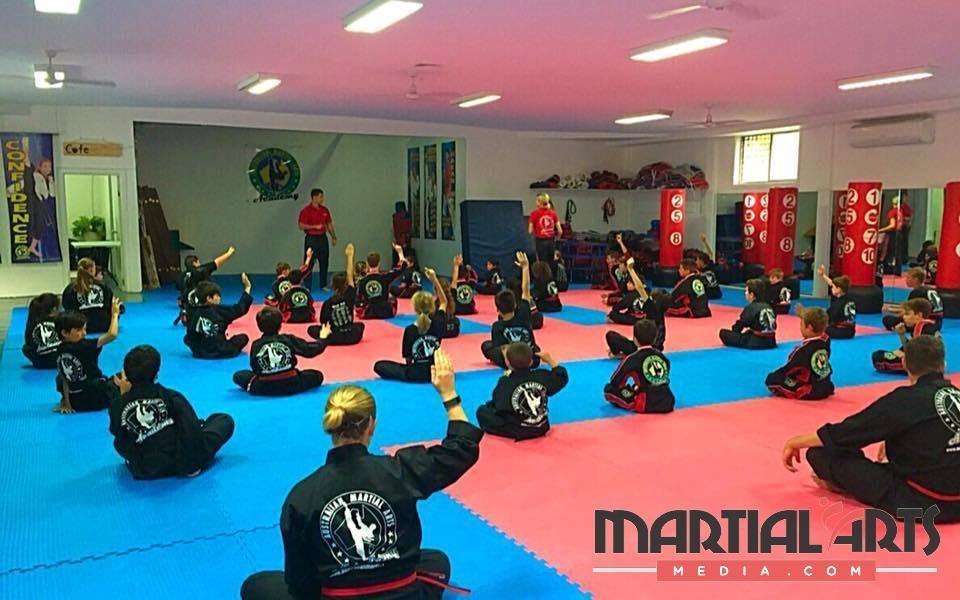 HAKAN
HAKAN

